Keynote Speakers
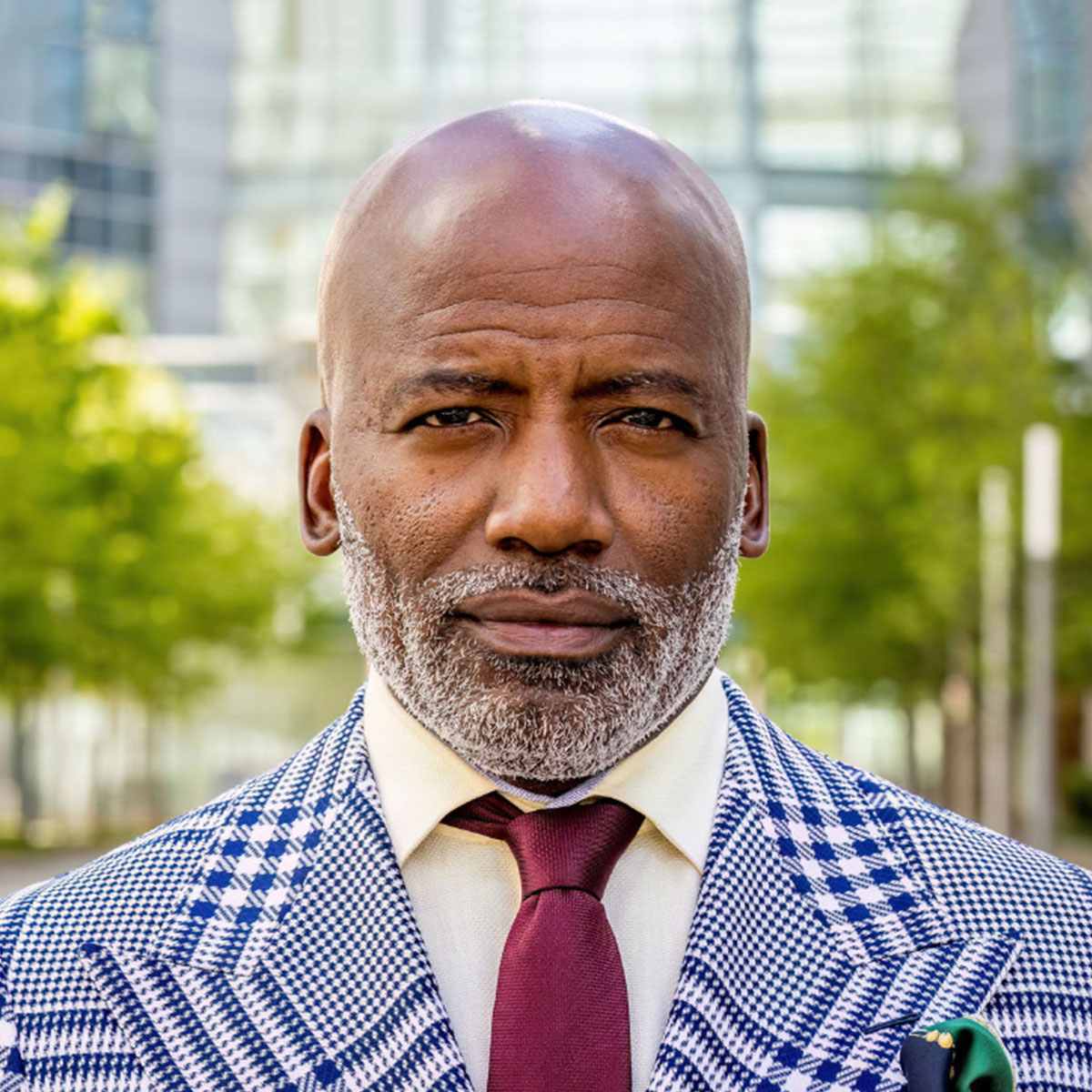
Keynote Speaker
Courtland Warren
Date
Raising the Resilience Quotient: The Untaught Skill at the Heart of Recovery and Sustainability
This session offers a break from the theoretical and a return to the human. We’ll explore resilience not as a fixed trait, but as a living, expandable capacity shaped by belief, biology, and behavior. For those in recovery, resilience determines whether change is sustainable. For those supporting recovery, it determines whether purpose outlasts burnout. Through real-life insight, storytelling, and reflective practices, we’ll uncover the inner mechanics of resilience—and how to raise it, when life has worn it thin.
Born and raised in Idabel, Oklahoma, Courtland left with dreams and lessons he acquired through hardships and hope. Traveling over a million miles around the globe, Courtland has shared these lessons while shifting mindsets and helping companies and entrepreneurs to navigate and overcome challenges.
Building a dynamic portfolio of more than 15,000 speaking hours over the past 20 years, Courtland has been empowering multi-millionaires and dreamers with the hardcore truth about what it takes to grow a successful business and get high-performing results. Through his hard- hitting, transformational training, Courtland teaches companies to connect with and coach the greatness from within themselves and their organizations.
Studying Organizational Behavior at Oklahoma State University equipped Courtland with the certitude that he was destined “to recreate people’s beliefs about what they are capable of being.” Today, Courtland is on a mission to create a life that matters, unmute the voiceless, and transform mindsets.
Courtland knows how to win and coaches his clients to overcome any perceived limitations or circumstances. He intentionally strengthens his clients’ Resilience Quotient as he steers companies and entrepreneurs through turbulent times where they rise stronger and wiser. Using raw facts, unfiltered experiences, and relevant stories, Courtland Warren masterfully disrupts complacency and resistance with action, accountability, and change.
Companies and entrepreneurs ready to produce greater results, outcomes, and profits capitalize on Courtland’s coaching and training to become more reputable, responsive, and resilient. An avid, competitive golfer, Courtland resides in Tulsa, Oklahoma. He relishes reading compelling stories about ordinary people who have made an extraordinary impact on the world.
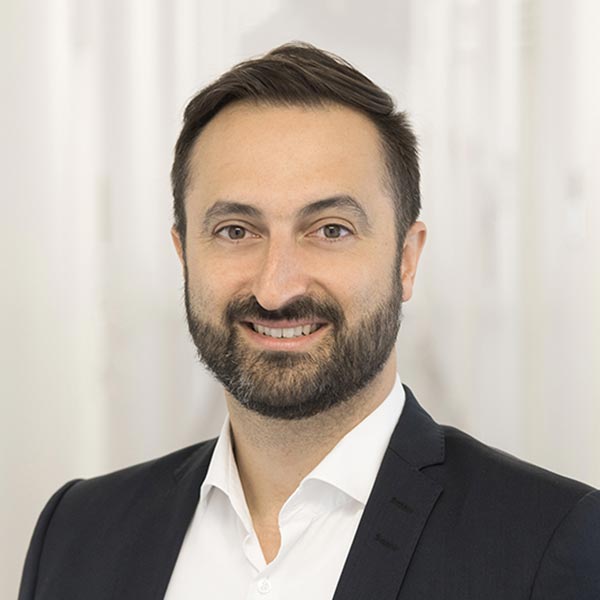
Keynote Speaker
Didier Jutras-Aswad
MD, MS, FRCPC (Psychiatry), DRCPSC (Addiction Medicine)
Date
Title
Didier Jutras-Aswad is an Addiction Psychiatrist and Chief of Staff of the Department of Psychiatry at the Centre hospitalier de l’Université de Montréal (CHUM). He is also a Professor at the Université de Montréal (UdeM). Didier founded and continues to lead the UdeM Expertise and Collaboration Centre in Concurrent Disorders, which works to translate research and advance best practices for helping individuals with mental health and substance use challenges. Read his full biography below.
Didier Jutras-Aswad is an Addiction Psychiatrist and Chief of Staff of the Department of Psychiatry at the Centre hospitalier de l’Université de Montréal (CHUM). He is also a Professor at the Université de Montréal (UdeM). Didier founded and continues to lead the UdeM Expertise and Collaboration Centre in Concurrent Disorders, which works to translate research and advance best practices for helping individuals with mental health and substance use challenges. As a principal scientist at the CHUM research centre, Didier focuses on substance use disorders and their connection to mental health conditions. He leads national clinical trials aimed at developing and evaluating effective treatments and care models. He has played a key role in shaping policies and research strategies at the provincial, national, and international levels, working to implement evidence-based healthcare services for people with substance use and mental health disorders.
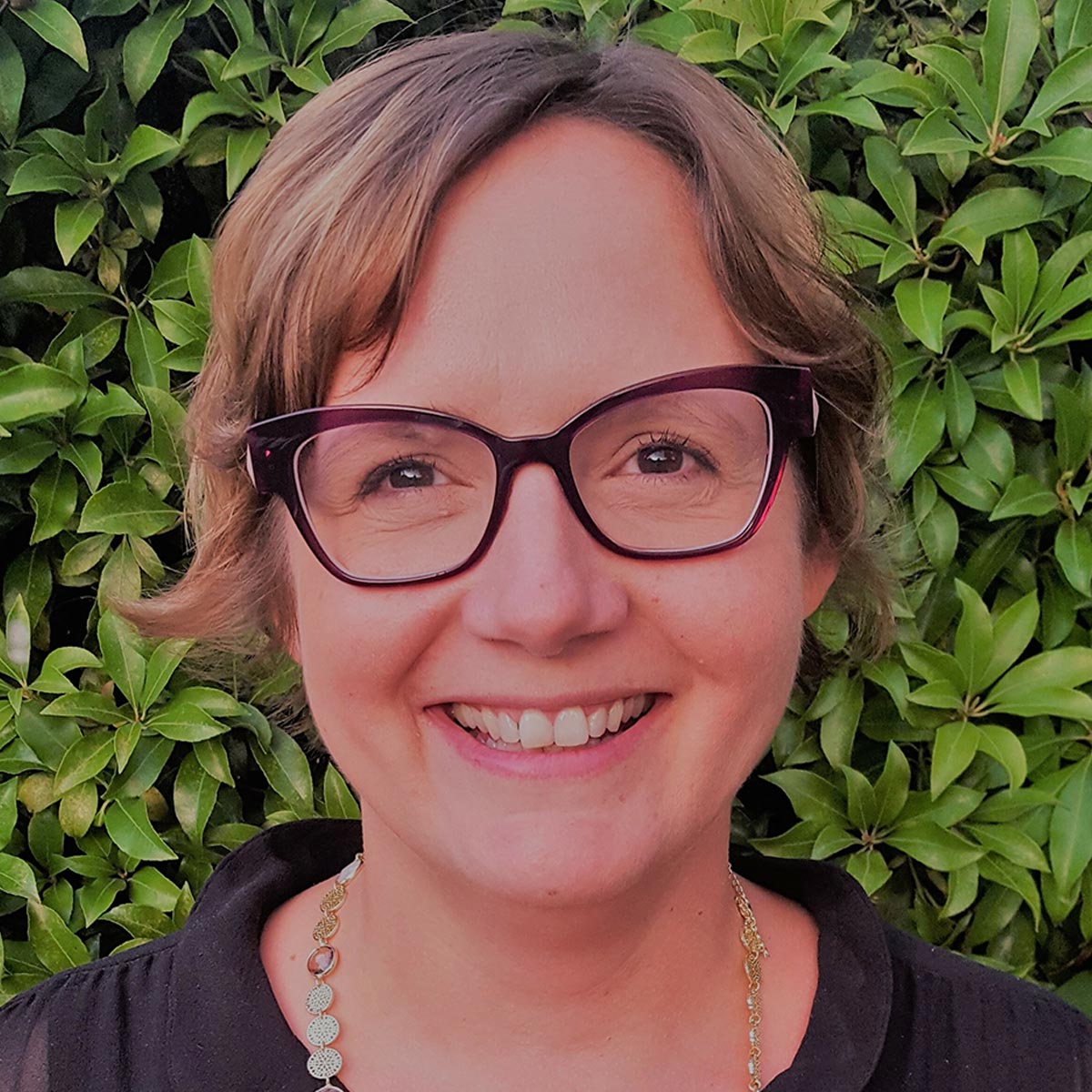
Keynote Speaker
Frances Rosner
Barrister & Solicitor, Vancouver
Countering Anti-Indigenous Racism in the Family Policing System: Our collective role in decolonizing practice and working toward reconciliation
Date
Frances Rosner is a Métis lawyer who practices primarily in family and child protection. She is engaged in a variety of special projects aimed at legal reform for Indigenous Peoples, including acting as co-counsel in the precedent-setting human rights case, RR v. Vancouver Aboriginal Child and Family Services Society (No. 6), 2022 BCHRT 116 (upheld on appeal in 2025). Read her full biography below.
Frances Rosner is a Métis lawyer who practices primarily in family and child protection. She is engaged in a variety of special projects aimed at legal reform for Indigenous Peoples, including acting as co-counsel in the precedent-setting human rights case, RR v. Vancouver Aboriginal Child and Family Services Society (No. 6), 2022 BCHRT 116 (upheld on appeal in 2025). Prior to being called to the bar in 2016, she worked as a Gladue report writer and educator and was extensively involved in capacity building for Gladue report writing programs in British Columbia and Saskatchewan. In her child welfare practice, she serves as counsel for Indigenous families and First Nations, and has supported lawyers, advocates and frontline workers across BC on a broad range of family law/child protection issues. Frances currently works at the BC First Nations Justice Council as a Senior Counsel – Child Protection. She is also on the Board at West Coast LEAF – an organization committed to ending gender discrimination. At West Coast LEAF, she is involved with advisory committees focused on improving outcomes for Indigenous families involved in the family policing system. As part of her advocacy efforts, Frances has written several articles on Indigenous legal issues for BarTalk, the publication of the Canadian Bar Association’s BC Branch, and has spoken at numerous events about child welfare reform. She has always been highly focused on legal issues involving Indigenous peoples—this lifelong passion stems from her own personal experience with racism and discrimination having grown up in Winnipeg in Indigenous and non-Indigenous communities. In her professional life, she has had the privilege of working closely with Indigenous Peoples and communities across Canada and she has heard their sacred stories. It is through this lens that Frances advocates for reconciliation and the decolonization of our justice system.
Keynote Speaker
Countering Anti-Indigenous Racism in the Family Policing System: Our collective role in decolonizing practice and working toward reconciliation
Frances Rosner
Barrister & Solicitor, Vancouver
Frances Rosner is a Métis lawyer who practices primarily in family and child protection. She is engaged in a variety of special projects aimed at legal reform for Indigenous Peoples, including acting as co-counsel in the precedent-setting human rights case, RR v. Vancouver Aboriginal Child and Family Services Society (No. 6), 2022 BCHRT 116 (upheld on appeal in 2025). Prior to being called to the bar in 2016, she worked as a Gladue report writer and educator and was extensively involved in capacity building for Gladue report writing programs in British Columbia and Saskatchewan. In her child welfare practice, she serves as counsel for Indigenous families and First Nations, and has supported lawyers, advocates and frontline workers across BC on a broad range of family law/child protection issues. Frances currently works at the BC First Nations Justice Council as a Child Welfare Clinical Legal Supervisor. She is also on the Board at West Coast LEAF – an organization committed to ending gender discrimination. At West Coast LEAF, she is involved with advisory committees focused on improving outcomes for Indigenous families involved in the family policing system. As part of her advocacy efforts, Frances has written several articles on Indigenous legal issues for BarTalk, the publication of the Canadian Bar Association’s BC Branch, and has spoken at numerous events about child welfare reform. She has always been highly focused on legal issues involving Indigenous peoples—this lifelong passion stems from her own personal experience with racism and discrimination having grown up in Winnipeg in Indigenous and non-Indigenous communities. In her professional life, she has had the privilege of working closely with Indigenous Peoples and communities across Canada and she has heard their sacred stories. It is through this lens that Frances advocates for reconciliation and the decolonization of our justice system.
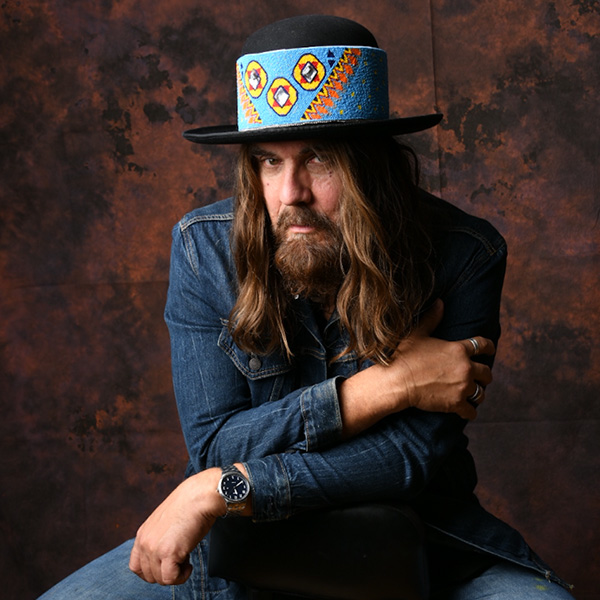

Dr. Harriet de Wit
Harriet de Wit, PhD, is a Professor in the Department of Psychiatry and Behavioral Neuroscience at the University of Chicago. She conducts research on the behavioral and neurobiological effects of psychoactive drugs in healthy human volunteers. She has studied a range of drugs including alcohol, nicotine, stimulants, cannabis and, most recently, MDMA and LSD. Her studies aim to understand why people use drugs, and how drugs affect behavior. Her research has been funded by the National Institutes of Health for the past 40 years. She has trained numerous graduate students, post-doctoral fellows and undergraduates, and published over 400 papers. She serves on editorial boards of several scientific journals, and in 2019 received the Distinguished Achievement Award of the European Behavioural Pharmacology Society.
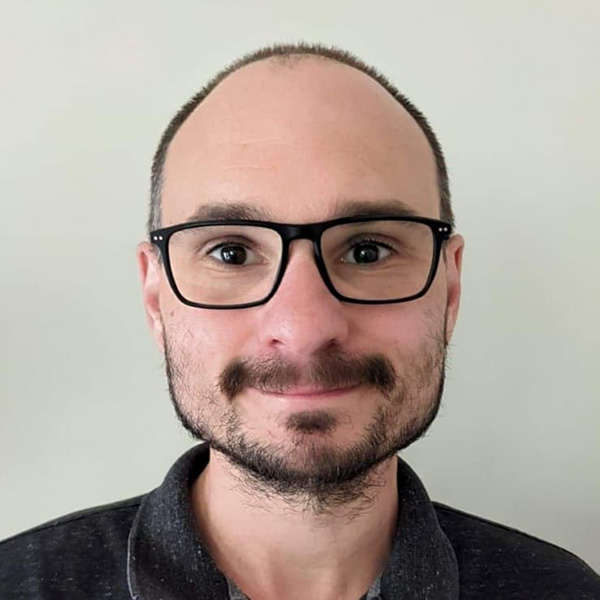
Dr. Matthew Keough
Dr. Matthew (Matt) Keough is an Associate Professor and Clinical Psychologist at York University in the Department of Psychology. His primary research interests are in the etiology and evidence-based treatment of addictive behaviours, with a specific focus on heavy drinking and cannabis use among emerging adults (ages 18 to 29 years). The overarching goal of his research program is to create innovative, digital treatments for addiction and co-occurring emotional disorders. Rather than treating addiction and mental health problems in a piecemeal fashion, the main goal of his digital treatment research is to create psychological interventions that are integrated, engaging, and accessible. His focus on integrated treatment is well aligned with recent calls to better understand the transdiagnostic features of mental illness and addiction through research. To date, he has published over 115 peer-reviewed publications, and his work has garnered over $7 million dollars in grant funding.

Dr. Tony George
Dr. George is Professor of Psychiatry and a member of the Institute of Medical Sciences in the Temerty Faculty of Medicine at the University of Toronto (UofT). He is also a Senior Scientist at the Centre for Addiction and Mental Health (CAMH) in Toronto, Canada. He received his B.Sc. and M.D. degrees from Dalhousie University in Halifax, Nova Scotia, and completed his psychiatry residency and fellowship in translational neurosciences at Yale University. Dr. George joined the Yale Psychiatry faculty in 1998 and was promoted to Associate Professor in 2004. In 2006, he moved to UofT and CAMH as the Chair in Addiction Psychiatry, a position he held until 2012. He has held numerous leadership positions, including as Chief of Schizophrenia (2008-16) and Addictions (2016-19) at CAMH, and Co-Director of the Brain and Therapeutics Division in the UofT Department of Psychiatry (2008-2018).
Dr. George’s research focuses on understanding and treating substance misuse in people with serious mental illness. He has published over 350 peer-reviewed articles, reviews and other reports. His work has been continuously funded by NIH/NIDA and CIHR since 1999. From 2021-2023, he served as Chair of the Scientific Advisory Committee at the Canadian Centre for Substance Use and Addiction (CCSA). He has written the chapter on Nicotine and Tobacco in the last four editions of the Cecil Textbook of Medicine. Dr. George served as Deputy Editor for ACNP’s Journal Neuropsychopharmacology (NPP) for 10 years before his appointment as Co-Principal Editor of NPP in 2023.
Keynote Panel
Shaping the Future Together in Treatment: Panel on Novel Therapies for Substance Use Disorders
Friday, November 15, 2024
Current treatments for Substance Use Disorders help some, but not all, people to recover. Given the high burden of morbidity and mortality from addictive substances, much research is exploring novel treatments to reduce or prevent harms, enable abstinence, and support recovery. Moderated by Dr. Jenn Brasch, the three speakers in this plenary panel will explore potential new interventions that may become standard treatments in the future. Dr. Tony George will review recent research in neuromodulation as a treatment for addiction. Dr. Matthew Keough will describe the use of wearables and mobile phone apps in prevention and harm reduction. Dr. Harriet de Wit will examine the potential for psychedelics in recovery. These thought-provoking presentations will lead to a discussion exploring frontiers in research for new treatments.
Tom Wilson, member of the Order of Canada, is a Hamilton-based rock musician, author, artist, composer and playwright with lived experience who will bring his creativity and unique perspective to our closing plenary. Copies of his book, “Beautiful Scars,” will be available for purchase.